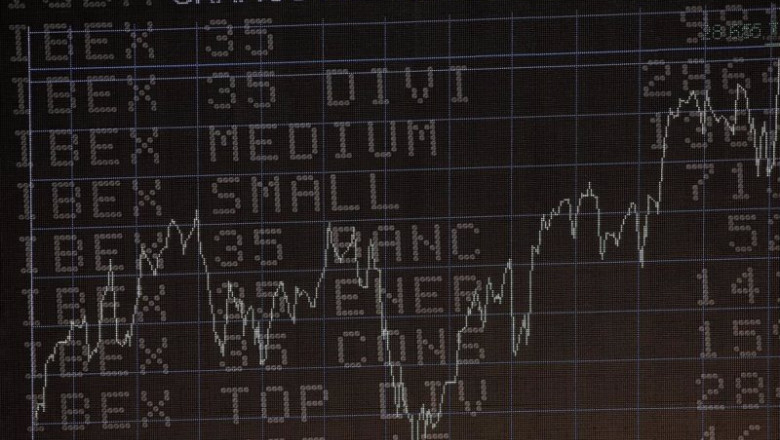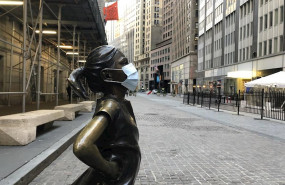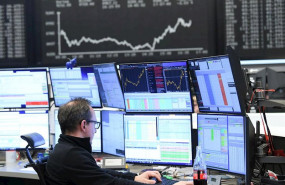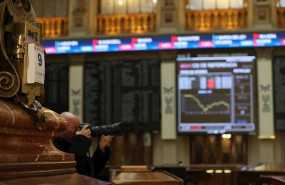
The Ibex continues the falls this Friday after the very sharp falls of yesterday (-0.5%. 7,240 points). The tremendous crash on Thursday on both sides of the Atlantic has left the market very hit. Now is the time to compose itself and check if this is a correction -very abrupt- to continue with the rebound that has been going on since the March lows, or if this is the beginning of the end of this rebound, which for many has no justification given the most complicated part of the current situation passed. Be that as it may, what is at the bottom of the falls is the enormous fear that exists of a new outbreak of the virus. Investors - and the world at large - will not rest until they see what happens in the fall, and ultimately until there is a vaccine against the disease, which is not expected until spring of next year.
- 11.432,300
- -0,31%
The Ibex fell this Thursday 5%. It was the worst European index and suffered its biggest drop since March. On the Old Continent, declines were 4% on average, while on Wall Street, the Dow Jones sank 6.9% on the upturn in Covid-19 cases.
David Madden, an expert at CMC Markets in London, takes iron from the falls and remarks that "they must be placed in the context of the great gains that have been accumulated in recent weeks." Danske Bank analysts, for their part, acknowledge that yesterday's moves "question the overall story of a smooth market recovery and will be a focus of developments in the coming weeks."
César Nuez, technical analyst at Bolsamanía and head of Trader Watch, points out that the Ibex will now seek support in the 7,000-7,200 area. This, when two days ago it was attacking the 8,000. "To confirm the end of the short-term falls we should expect a figure of strength that, for the moment, is conspicuous by its absence. We must also bear in mind the bearish gap left by the Ibex this Thursday at the opening (7,663 points ) and that it will now function as the first level of resistance, "he explains.
Inflation in Spain was published this Friday, falling in May to -0.9%, one tenth less than expected. In addition, the United Kingdom has released April GDP, with a record slump of 20.4% compared to -18.7% forecast and -5.8% previously.
Thus ends a week that began with the hope of exceeding 8,000 on the Ibex and which closes with the fear of losing 7,000. A week in which the message from the Federal Reserve (Fed) has left the market uneasy and has had a very different impact than what the European Central Bank (ECB) achieved last week. It remains this Friday to see what the market's intentions are and on Monday, we will start again. The news about possible outbreaks, along with what governments and central banks have to say about aid and stimuli, without forgetting what is being published about vaccines, will be the great catalysts of the stock markets in the short term.




